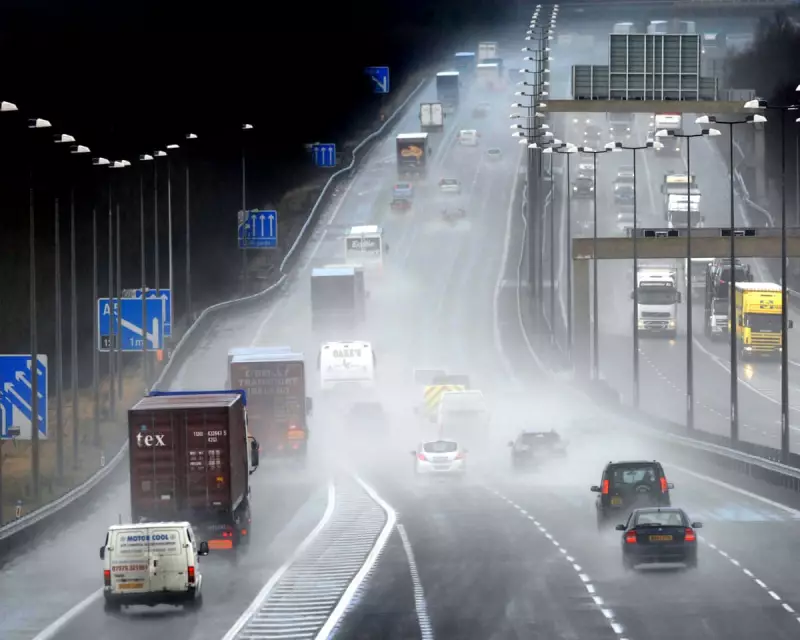
A stark warning has been issued to MPs that a hidden environmental crisis is unfolding across England, with the government standing accused of a 'shocking dereliction of duty'.
For over two decades, ministers have failed to implement a key law designed to protect the nation's rivers and waterways from a cocktail of toxic chemicals washing off roads, a parliamentary committee has heard.
The Invisible Poison on Our Roads
Every time it rains, a lethal mix of pollutants is washed from road surfaces directly into rivers and natural waterways. This isn't just rainwater; it's a concentrated stream of tyre particles, heavy metals like copper and zinc from brake wear, and residues from oil and fuel spills.
This toxic slurry, known as road runoff, is now considered one of the most significant and unregulated threats to the health of England's aquatic ecosystems.
A Law Ignored for 25 Years
At the heart of the scandal is Schedule 3 of the 1999 Water Industry Act. This legislation, passed a quarter of a century ago, granted ministers the power to mandate sustainable drainage systems (SuDS) for all new road developments.
These systems, which include features like permeable pavements and reed beds, are highly effective at filtering out poisonous chemicals before they reach rivers. Despite this power, successive governments have consistently refused to enact the law, leaving it gathering dust on the statute books.
'A Shocking Dereliction of Duty'
Environmental experts and campaigners delivered damning testimony to the Environmental Audit Committee. They described the government's inaction as a conscious choice to allow pollution to continue unabated.
This failure to act means that thousands of new road schemes and developments have been built without the necessary safeguards, adding to the chronic pollution of already struggling rivers.
The Devastating Impact on Nature
The consequences of this inaction are severe and measurable. Road runoff has been directly linked to:
- Chronic poisoning of fish and insect life, with some chemicals causing immediate mortality.
- The wiping out of entire salmon populations in certain stretches of river.
- Long-term damage to riverbed ecosystems, as toxic metals accumulate in the sediment.
Campaigners argue that the government's own inaction is directly contradicting its stated goals to reverse the decline of nature and improve water quality by 2030.
Government Inaction vs. Environmental Ambition
The Department for Environment, Food and Rural Affairs (DEFRA) has pointed to non-mandatory guidance and a forthcoming consultation. However, critics have dismissed this as more delay and obfuscation, calling for immediate and mandatory legislation to finally enact the dormant law.
With pressure mounting from environmental groups and a cross-party committee of MPs, the government now faces urgent calls to stop the flow of toxic road pollution and finally honour a legal commitment that is already 25 years old.





